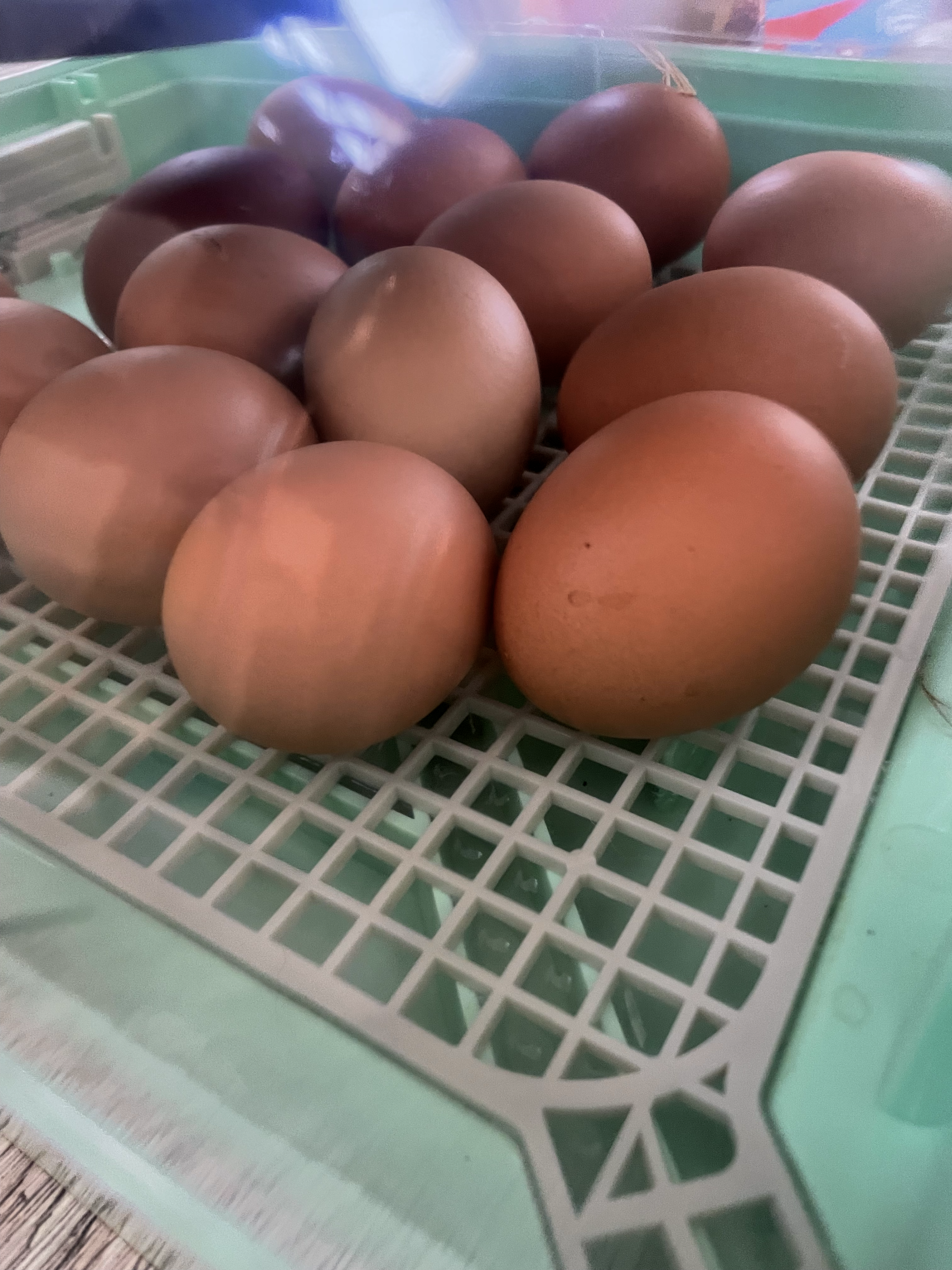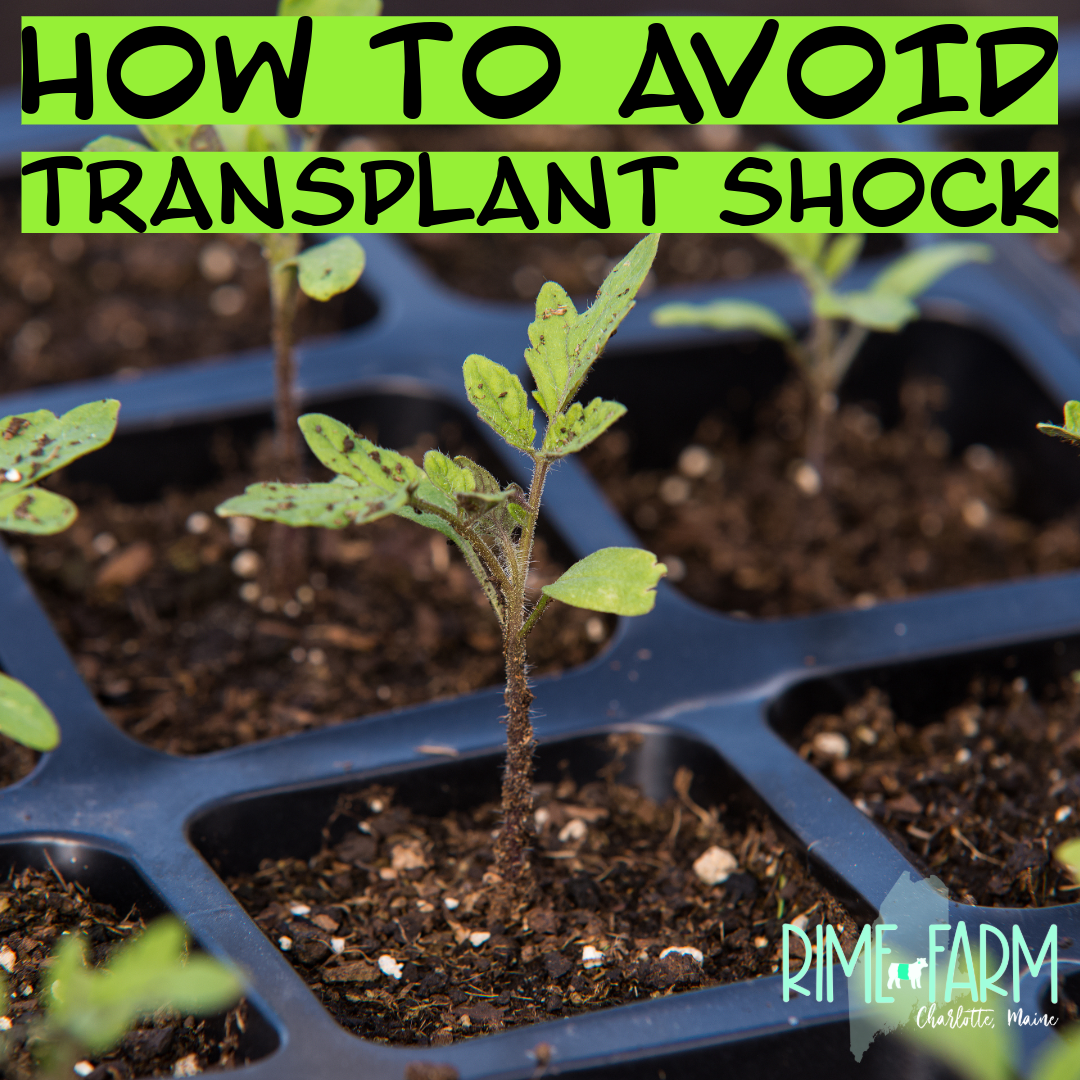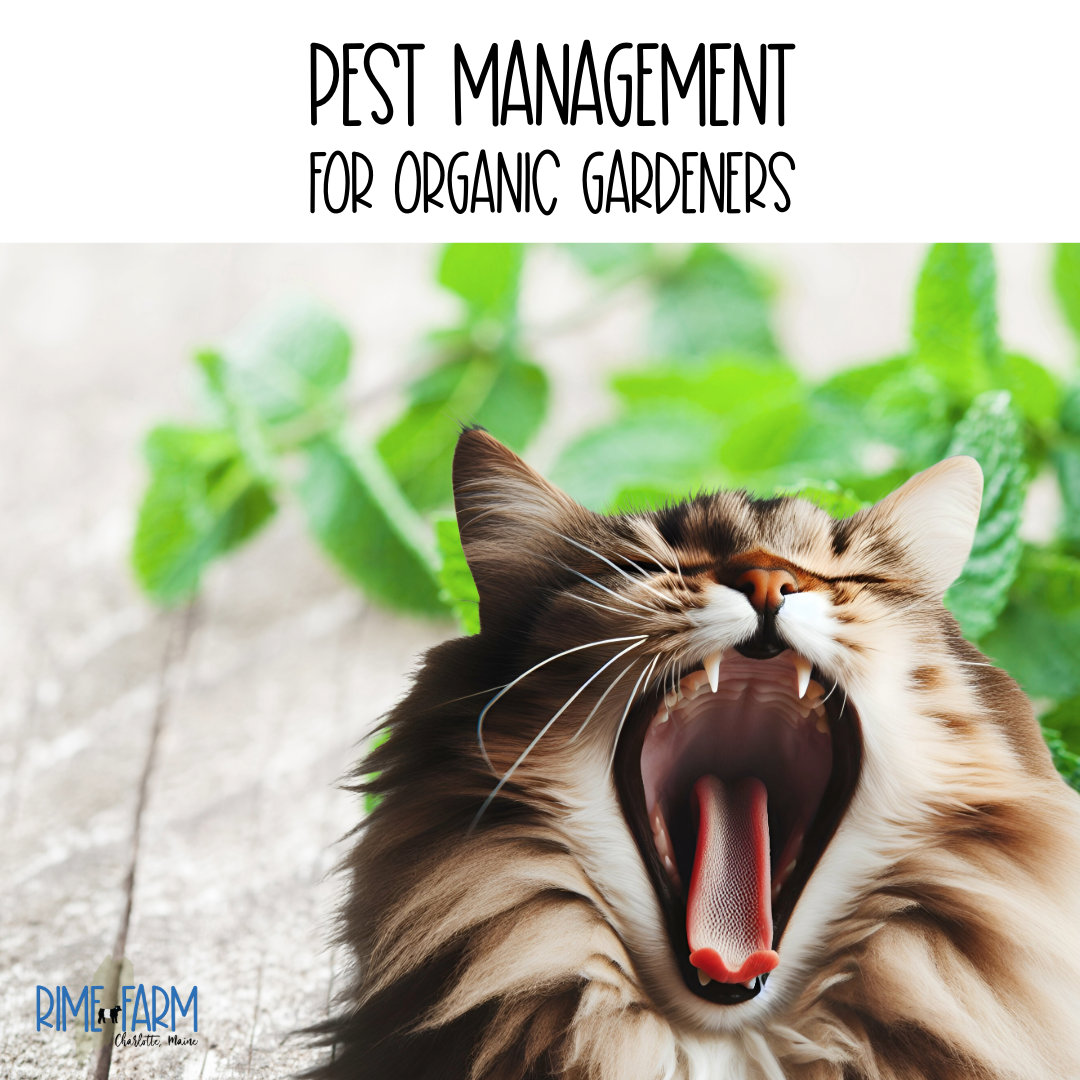Tomato Plants 101
Welcome to another post from Rime Farm, where our passion for sustainable agriculture and biodiversity shapes every choice we make, especially in the types of tomatoes we cultivate. Today, we delve deeper into the world of tomatoes, explaining not just what we grow but why we favor organic heirloom varieties—and sometimes hybrids—to support a healthy, diverse, and sustainable ecosystem.
Growth Habits: Determinate vs. Indeterminate Tomatoes
Tomato plants are primarily categorized based on their growth habits:
- Determinate (Bush) Tomatoes: These plants are known for their compact growth, reaching a fixed height and producing all their fruit almost simultaneously. This feature makes them ideal for those with limited space, like container gardeners, or for those who wish to do bulk processing like canning. They typically require less support and are easier to manage, making them excellent for both new and seasoned gardeners looking for a more contained growth habit.
- Indeterminate Tomatoes: In contrast, indeterminate tomatoes grow continuously throughout the growing season and produce fruit until the first frost hits. They are preferred for continuous harvest and are ideal for large garden spaces where they can spread. Supporting them with cages or trellises is necessary due to their sprawling nature. These varieties are favored by farmers and serious gardeners who appreciate a steady supply of tomatoes rather than a single bulk harvest.

Life Cycle: Annual vs. Perennial
Understanding the lifecycle of tomatoes helps in planning your gardening activities:
- Annual Plants: Most tomato varieties are treated as annuals. They complete their life cycle—from seed to fruit to dying off—in one growing season. After harvesting, new plants need to be grown from seeds the next season.
- Perennial Plants: Unlike annuals, perennials live for multiple years. While tomatoes are not perennials, understanding this classification helps in garden planning, especially if you are incorporating permaculture principles with plants like rhubarb and asparagus.
Genetic Modifications and Breeding: GMOs and Hybrids
- GMO (Genetically Modified Organisms): GMO tomatoes have had their genetic material altered through scientific methods to exhibit traits that are not naturally occurring. This often includes enhanced resistance to pests or diseases and can involve introducing genes from different species. The topic of GMOs is complex and often controversial due to concerns about long-term impacts on health and the environment.
- Hybrid Tomatoes: These are the result of controlled cross-pollination between two different tomato varieties, aimed at producing offspring that inherit desired traits from both parents, such as disease resistance, flavor, or yield. This natural breeding technique is crucial for developing new varieties that can handle specific growing conditions or consumer preferences.
Organic and Heirloom Classifications
- Organic Tomatoes: Grown without synthetic pesticides or fertilizers, organic tomatoes represent our commitment to sustainable practices that help maintain healthy ecosystems. Organic farming supports beneficial soil organisms, conserves water, and reduces pollution.
- Heirloom Tomatoes: Heirloom varieties have been passed down through generations and are often celebrated for their rich flavors and adaptability to local growing conditions. They are open-pollinated, which means they can reproduce true to type from seeds, preserving the genetic diversity and heritage of tomato varieties.
Why We Choose Organic Heirloom Varieties
- Flavor and Variety: Heirloom tomatoes offer an array of flavors that are far more varied and rich than those typically found in store-bought varieties. Each heirloom variety, from the smoky Black Krim to the sweet and vibrant Cherokee Purple, provides a unique taste experience that highlights the richness of nature’s diversity.
- Supporting Biodiversity: By growing heirloom varieties, we help maintain the genetic diversity within the tomato species. This diversity is crucial for adapting to changing environmental conditions and pests, thereby supporting overall ecosystem resilience and food security.
- Environmental Health: Our organic practices mean we avoid synthetic chemicals, promoting a healthier farm ecosystem. This approach supports pollinators, improves soil health, and protects water quality, creating a beneficial environment for all living organisms.
The Role of Hybrids in Sustainable Agriculture
While heirlooms are our main focus, we recognize the value of hybrids in certain situations:
- Resilience: Hybrids can be bred to resist specific pests and diseases, which may reduce the need for chemical treatments.
- Adaptability: Hybrids can be developed to thrive in specific climates or soil conditions, making them particularly useful in challenging environments.
- Yield: Higher yields from hybrids can support the economic sustainability of farms, ensuring that we can continue to operate organically and sustainably.
An example of a notable hybrid we grow is the Pink Berkley Tie Dye, known for its robust flavor and beautiful appearance.

Our dedication to growing organic, heirloom, and thoughtfully selected hybrid tomatoes underlines our commitment to sustainable agriculture. By choosing these varieties, we not only savor
the exceptional flavors and textures of our produce but also contribute to a healthier, more sustainable agricultural system. Join us in celebrating the rich heritage and promising future of farming with every tomato we plant.











Leave a Reply